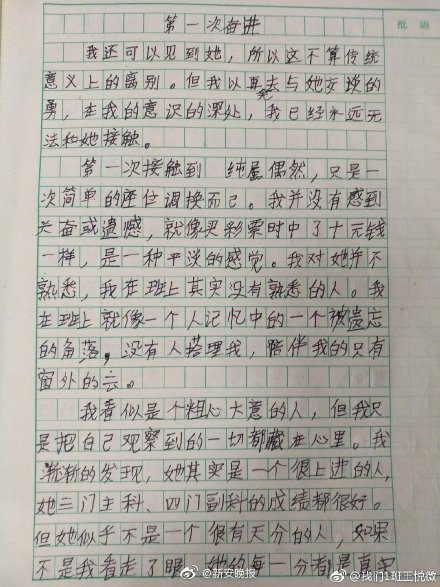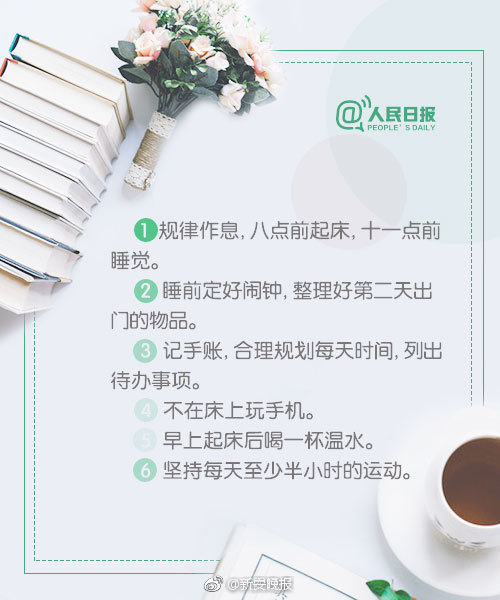Sunday saw the activation of the new "right to disconnect" law in France,Rebecca Love - Bewitched Housewives (2007) a law that means workers are not obligated to read or send work-related emails outside of office hours.
SEE ALSO: Someone created @tinycarebot to make Twitter a healthier place for youUnder the new law, companies of 50 or more people are now obliged to negotiate with workers' guidelines that set when employees are not required to read or answer work-related emails. If the two sides can't come to an agreement, the company must publish a charter that specifically outlines what is expected of workers outside of work hours.
The thinking behind the law is to lower stress and burnout among workers, though France has a famously short 35-hour work week.
Socialist MP Benoit Hamon, "Employees physically leave the office, but they do not leave their work. They remain attached by a kind of electronic leash -- like a dog."
Studies have been used to back the law, including one from French research group Eleas that showed over a third of French workers used smart phones to work outside of usual office hours, while 60 percent supported such a law to make clear what their rights were.
NPR also notes a pair of studies, one from the University of British Columbia that found that workers who checked email only three times a day were less stressed and one from Colorado State University which found that workers who expected having to answer work after office hours had increased stress.
While the "right to disconnect" seems designed to favor workers, it's part of larger labor reform that French President Francois Hollande's government passed in 2016 that actually gave companies more power and prompted large protests from workers.
Hollande also faced criticism for using executive powers to push through the reform without it being subjected to a parliamentary vote.
 Original image has been replaced. Credit: Mashable
Original image has been replaced. Credit: Mashable In addition to the "right to disconnect," the new labor laws make it easier for companies to hire and fire workers, allow companies to negotiate with unions for work weeks that are longer than the standardized 35 hours, and afford more flexibility for companies to negotiate leave and vacation time.
The government hopes the measures will make France more competitive by encouraging hiring and investment. Unions say it damages hard-won workers' rights.
Conservative critics, meanwhile, say the changes are too modest to invigorate the French economy, which has lagged behind those of Germany and other European nations over the past few years.
Additional reporting by the Associated Press
(Editor: {typename type="name"/})
 Waiting on Bitcoin
Waiting on Bitcoin
 In a shock to no one, September was warmest such month on record
In a shock to no one, September was warmest such month on record
 20 cat Halloween costumes for the rare cats who want to wear them
20 cat Halloween costumes for the rare cats who want to wear them
 'Stranger Things' actor answers questions about his character's sexuality
'Stranger Things' actor answers questions about his character's sexuality
 The Jaundiced Eyeball
...[Details]
The Jaundiced Eyeball
...[Details]
The internet takes a page from Melania Trump and blames Billy Bush for everything
 People on Twitter don't like the look of that Billy Bush, always running around with his celebrity f
...[Details]
People on Twitter don't like the look of that Billy Bush, always running around with his celebrity f
...[Details]
Your next smartphone could get 1Gbps download speeds: Qualcomm
 Though telecom operators are yet to even start setting up their 5G networks, chipmaker Qualcomm toda
...[Details]
Though telecom operators are yet to even start setting up their 5G networks, chipmaker Qualcomm toda
...[Details]
In a shock to no one, September was warmest such month on record
 The planet's hot streak is crawling to a temporary end, but it's not over quite yet. September was t
...[Details]
The planet's hot streak is crawling to a temporary end, but it's not over quite yet. September was t
...[Details]
 The Horrordome
...[Details]
The Horrordome
...[Details]
Colin Kaepernick and the Hollywood redemption story that wasn't
 There are two Colin Kaepernick stories in 2016, and Sunday marked one of the biggest chapters for bo
...[Details]
There are two Colin Kaepernick stories in 2016, and Sunday marked one of the biggest chapters for bo
...[Details]
Christmas tree stylists are a thing and the price will make you weep
 LONDON -- For the Scrooge that can afford it, Christmas-tree decorating is now an optional affair. A
...[Details]
LONDON -- For the Scrooge that can afford it, Christmas-tree decorating is now an optional affair. A
...[Details]
'Hearthstone' is adding a competitive Heroic Brawl for better loot hauls
 Hearthstoneis getting a brand new Brawl mode with much better rewards -- but the stakes are much hig
...[Details]
Hearthstoneis getting a brand new Brawl mode with much better rewards -- but the stakes are much hig
...[Details]
Hugh Hefner Was Always an Abusive Creep with Bad Taste in Leisure Wear
 The Baffler ,September 29, 2017 Weekly Baf
...[Details]
The Baffler ,September 29, 2017 Weekly Baf
...[Details]
Wine lovers rejoice, this 24 hour red wine fountain is free
 LONDON -- Wine is one of life's great joys. But, getting your hands on a decent glass without paying
...[Details]
LONDON -- Wine is one of life's great joys. But, getting your hands on a decent glass without paying
...[Details]
接受PR>=1、BR>=1,流量相当,内容相关类链接。